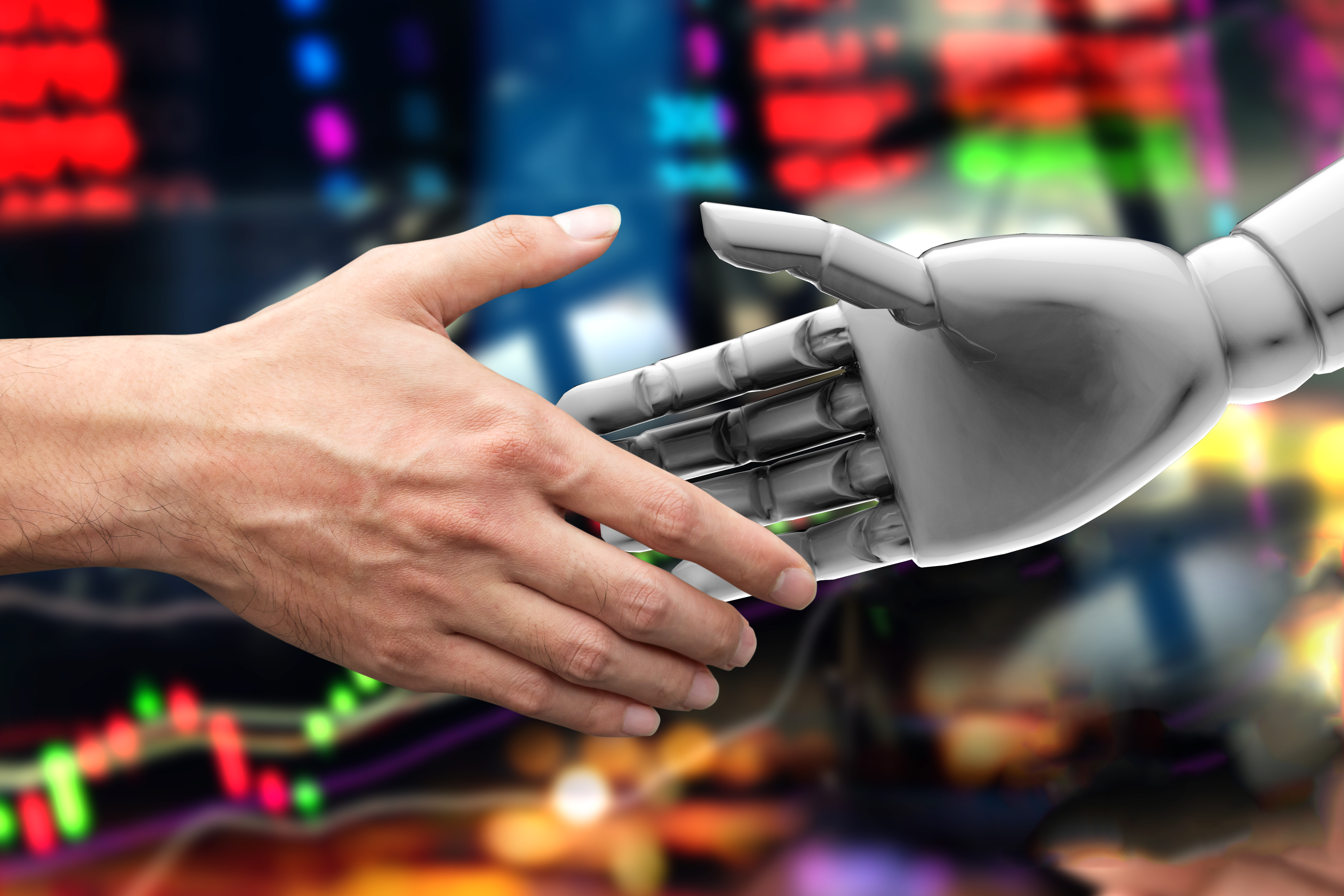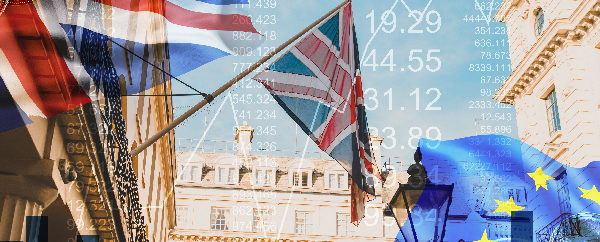John Clifton ‘Jack’ Bogle died in early 2019 and was known for being something of a contrarian in the investment sector.
One of his most famous pieces of advice to investors was to avoid funds managed by humans, in order to escape paying the management fees typically associated with this.
But as artificial intelligence continues to evolve, will robots represent a realistic alternative to human managed funds?
The question raises many more questions – for example, what actually drives the markets? Is it something an algorithm can ever hope to predict, or will the best trades always come from good old-fashioned human intuition?
Benefits of robo-advisers
There are several clear benefits of robo-advisers when it comes to deciding where to place investment in order to yield the best profit.
First of all, they are perfectly ethical – at least in theory. A computer algorithm is incapable of making a subjective value judgement, and is therefore incapable of introducing its own prejudices into that judgement.
The counter point to this is that those algorithms, at least in the first instance, are still written by humans, and so an AI learning from human inputs can quickly start to reflect human prejudices.
Still, in theory there’s less risk of insider trading by an AI because it should be less susceptible to outside corruption such as bribes or blackmail.
Another advantage of robo-advisers is cost. The better a human investment fund manager gets, the more they are worth, and the higher fees they command.
Jack Bogle was aware of this decades ago when he urged investors to avoid paying sky-high fees for managed funds – and now the banks are catching up too.
The phenomenon of ‘juniorisation’ occurs when senior fund managers are let go in order to avoid paying their fees, leaving less experienced individuals to replace them.
But replace them with a robo-adviser and you save on fees completely, with little more than the AI server’s electricity bill to pay.
Robots vs. humans
Regardless of the cost, it’s the profit that matters, and that raises the next question – who actually performs better, robots or humans?
Again it depends on seniority, especially in the robo-adviser dominated foreign exchange segment.
In the past, junior traders have been blamed for so-called ‘flash crashes’, where the value of a currency drops substantially within a matter of minutes due to panic in the forex markets.
There’s no reason why robots couldn’t make the same mistake, by detecting signs of a downward shift and rapidly selling currency, adding to the downward pressure.
While experienced human traders might spot what is happening during a flash crash, robots would in theory only be looking for the downward trend, creating a vicious circle of offloading the beleaguered currency.
As AI continues to develop though, it gets increasingly sophisticated and is capable of working far faster than the human mind ever could, no matter how much espresso you’ve had for breakfast.
Eventually this could lead to even more stable forex markets, as highly advanced computers might be able to spot a flash crash while it is still emerging and avoid making unnecessary trades that lose value.
This really is the tipping point – once robo-advisers are able to avoid the mistakes made by humans, including their original programming, then the sky should be the limit for profitable robo-trading.
No place for old men?
An increase in robo-advisers might be bad news for investment managers, but it doesn’t mean the end of human involvement in fund management.
Instead, it might see a shift towards greater employment of IT managers, rather than traditional fund managers.
Servers need maintenance, and in the investment world where even a fraction of a second can change the value of a trade, time is literally money.
Highly skilled IT workers are likely to be in greater and greater demand in order to keep sophisticated AIs running at full capacity, so as not to miss out on any critical trades.
There may ultimately be a new kind of role in tech-based investment management for those individuals who can master both the markets and the machines.
Until then, it’s down to investors to decide where to put their faith – and their finances – with a growing number of forex trading firms that depend largely or solely on robo-advisers to choose their trades.
https://www.thetimes.co.uk/edition/ireland/humans-win-out-in-the-financial-robot-wars-htnrn2ct5
Disclaimer: The information provided here is not investment, tax or financial advice. You should consult with a licensed professional for advice concerning your specific situation.




